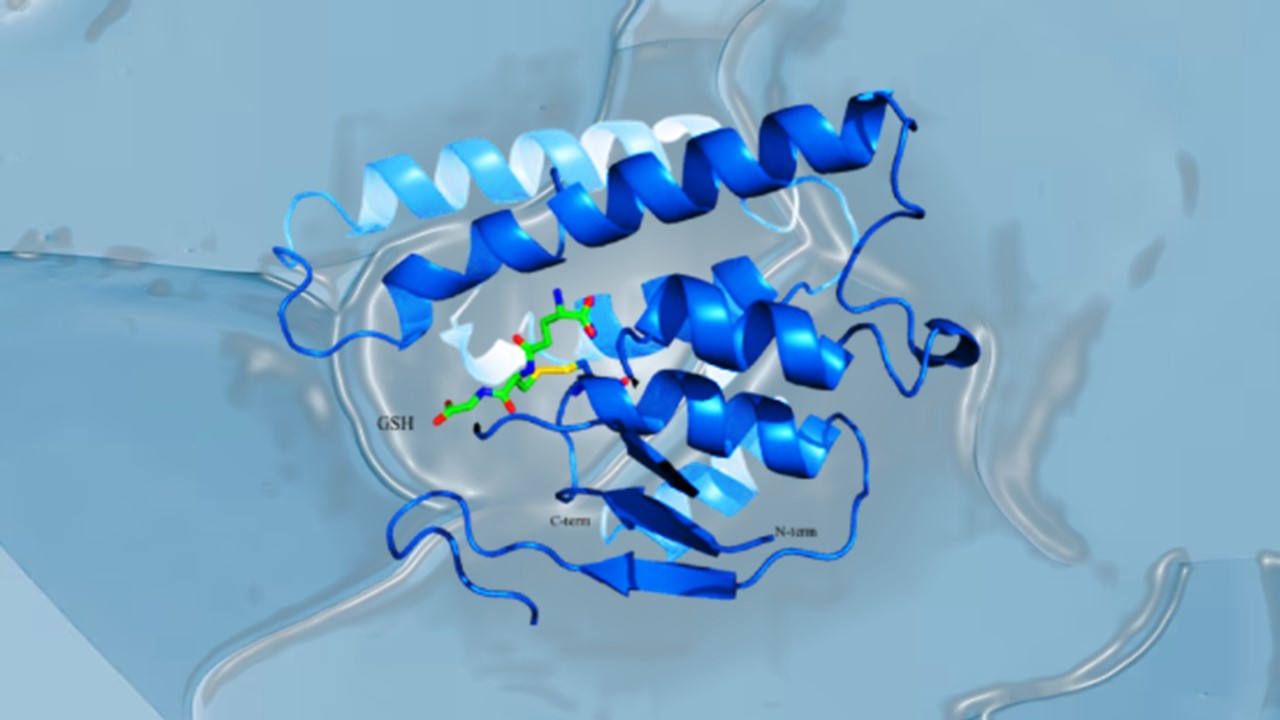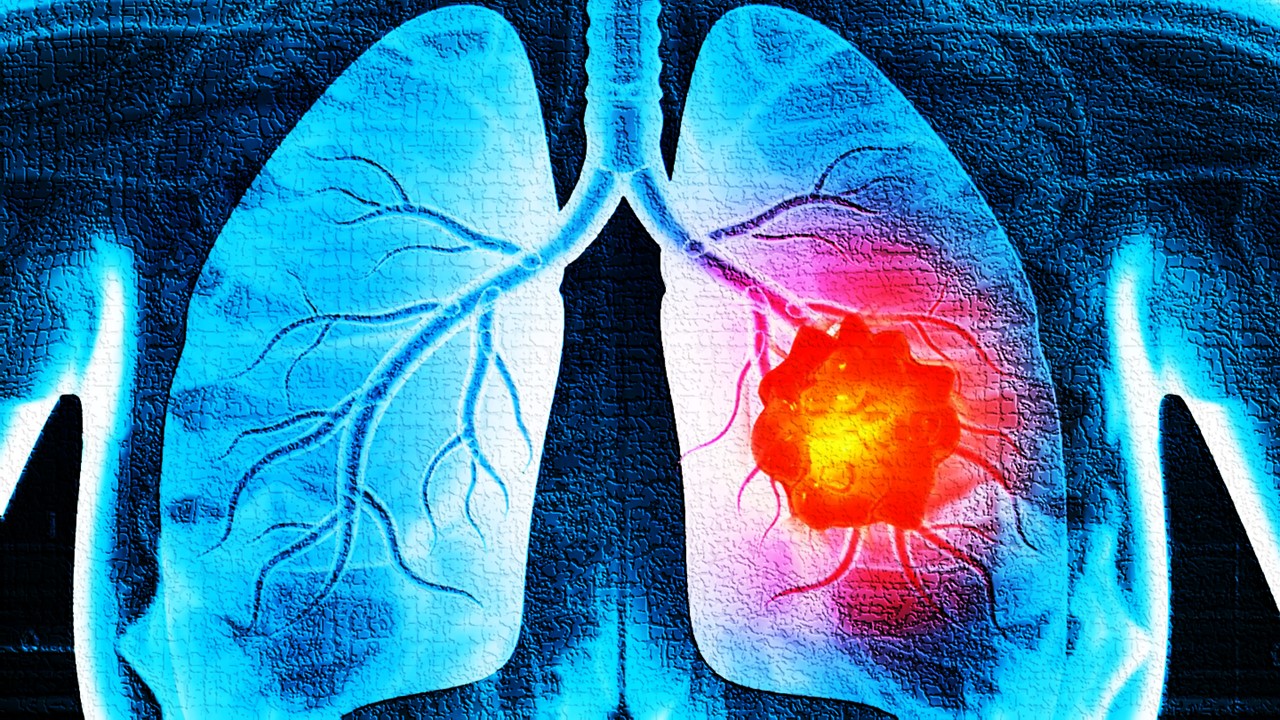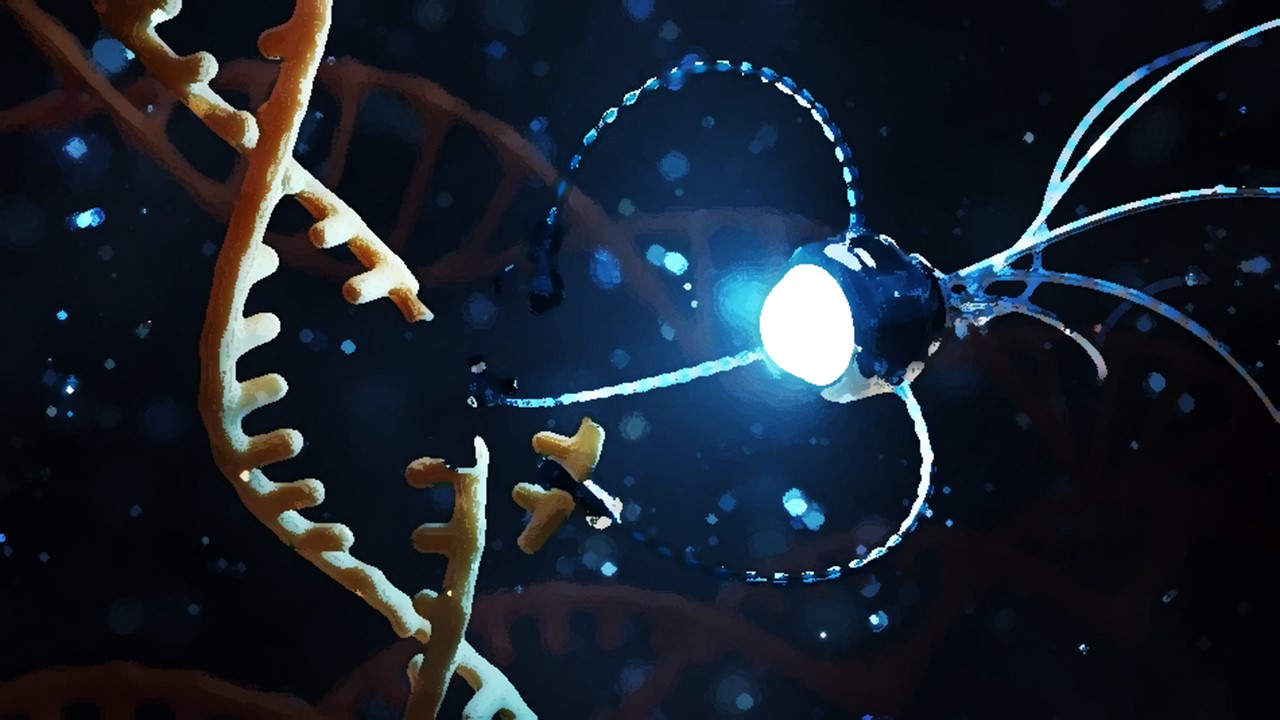
Every 45 minutes a man dies from prostate cancer – that’s more than 11,500 men every year. However, as research continues, treatment is becoming more effective and long-term survival rates are increasing significantly. Recently, a number of clinical trials have been investigating precision therapy which better targets prostate cancer, reducing the number of side effects and the overall time in the clinic. Abitertone therapy and accelerated precision radiotherapy are a few of the latest exciting innovations.
Introduction
Prostate cancer is the most common cancer in UK males, accounting for 26% of male cancer cases according to CRUK in 2017. The next most common cancers in men, lung and bowel cancer, accounts for approximately 13% of cases each. Around 48,500 men are diagnosed with prostate cancer each year, and with early intervention, there is an 80% chance of survival.
Currently, the treatment regimen for prostate cancer is facilitated via 20 sessions of radiotherapy over the course of a month. Recently, scientists have been investigating the viability of reducing the time-frame via two high-dose treatments which could be carried out over one or two weeks.
In addition, the side effects of radiotherapy can be unpleasant and disturbing for some men – short-term effects of the treatment include diarrhoea and inflammation of the bladder lining. In terms of the long-term impact, a recent trial according to the NHS showed that possible long-term side effects of radiotherapy can include an inability to get an erection.
There are a number of therapies available for prostate cancer treatment including chemotherapy, hormone therapy, as well as newer treatments like brachytherapy and cryotherapy.
The combination of unpleasant side effects, intense treatment regimen, and cases of drug resistance has seen a focus for cancer research to develop more precise therapies for prostate cancer patients. The aim is to develop a treatment which targets the unique tumour profile more precisely and effectively, consequently resulting in fewer side effects, and fewer doses.
Abiraterone hormone therapy
Scientists at The Institute of Cancer Research, London, and University College London (UCL) recently studied the impact of abiraterone, a targeted hormone therapy, when added to the standard hormone therapy for men with prostate cancer (which has not metastasized).
Abiraterone works by blocking the production of testerone, the hormone by which prostates tumours rely on to grow. Currently, this therapeutic intervention is licensed to treat prostate cancer which has spread to other parts of the body or in cases of treatment resistance to standard therapy.
However, thanks to the data from the latest STAMPEDE clinical trial, scientists believe that the use of abiraterone alongside standard hormone therapy improves the prognosis of men with high-risk prostate cancer that has not spread elsewhere in the body.
The STAMPEDE clinical trial
The overall aim of the STAMPEDE clinical trial was to assess novel approaches for the treatment of men with prostate cancer who are starting long-term ADT (androgen deprivation therapy) for the first time. This clinical research represents an exciting step forward in developing more precise treatments, especially for advanced prostate cancer as well as improving the overall quality-of-life for patients receiving treatment.
The trial investigated the efficacy of 10 therapies including abiraterone, the anti-diabetic drug metformin, docetaxel, and radiotherapy. The patient population recruited was men with high-risk, locally advanced prostate cancer and men with metastatic prostate cancer, all of which would be starting ADT for the first time.
A total of 988 men were randomised to receive standard of care (hormone therapy with or without radiotherapy). Of those patients in the abiraterone group, 527 men also received the drug enzalutamide – another targeted hormone therapy normally used to treat metastatic prostate cancer.
The results from the group undertaking abiraterone therapy were particularly promising, showing that “the proportion of men whose cancer had not spread after six years in the abiraterone-based treatment group was 82 per cent, compared with 69 per cent in the standard of care group”.
In addition, the proportion of men who had survived after 6 years in the abiraterone with or without enzalutamide group was 86%, compared with 77% in the standard of care group.
This data is extremely promising, and reinforces the therapeutic efficacy of abierteron as a precision therapy, which supports a more positive prognosis for patients in terms of long-term survival. In comparison with standard care, abiraterone is considered a more precise treatment as the drug selectively inhibits androgen synthesis, a key part of tumour growth, whereas radiotherapy is less selective in targeting the molecular basis of the tumor profile.
Accelerated precision radiotherapy
Radiotherapy is the most frequently prescribed treatment for patients with prostate cancer. Also known as external beam radiotherapy, the treatment uses high-energy X-ray beams targeted at the prostate from outside the body which damages the cancerous cells with minimal damage to healthy tissue.
For more localised radiotherapy, some patients may undergo hormone therapy for a month before and during treatment which can help shrink the prostate and the cancer inside it, making the cancer easier to treat. While the treatment is painless, it can cause a number of side effects which can be quite unpleasant.
More recently, some exciting innovations have been occurring in prostate radiotherapy treatment, more specifically, accelerated precision radiotherapy. According to a recent article in the Telegraph, “men could be cured of prostate cancer in a week using larger doses of precision radiotherapy, scientists believe”.
The ground-breaking observation comes from early optimism for an upcoming trial this month at the London Royal Marsden Hospital to investigate whether it is safe to radically speed up treatment.
The safety of this high-dose precision radiotherapy is supported by the earlier PACE-B trial which found that after two years of treatment, nearly 90% of all patients on the trial experienced only minor side effects. Meanwhile 99 % were free of severe side effects, suggesting that shortened treatment can be given without the risk of long-term damage from toxicity.
The significant reduction in treatment regimens comes from the research in recent years which has enabled radiotherapy to become more precise, meaning the risk of healthy tissue being damaged is reduced, so higher doses can be permitted. In addition to being more effective therapeutically, the fewer clinical sessions required will enable patients to have a better quality of life.
This important factor was supported by a statement by Chief Investigator Dr Nicholas van As, medical director and consultant clinical oncologist at The Royal Marsden NHS Foundation Trust, who said: “At The Royal Marsden and the Institute of Cancer Research, we are focused on developing smarter, better and kinder treatments for patients across the UK and internationally.
Patients could be spared numerous visits to hospital, allowing them to get back to their lives sooner.”
Charlotte Di Salvo, Editor & Lead Medical Writer
PharmaFeatures
Subscribe
to get our
LATEST NEWS
Related Posts

Immunology & Oncology
The Silent Guardian: How GAS1 Shapes the Landscape of Metastatic Melanoma
GAS1’s discovery represents a beacon of hope in the fight against metastatic disease.

Immunology & Oncology
Resistance Mechanisms Unveiled: The Role of Glutathione S-Transferase in Cancer Therapy Failures
Understanding this dual role of GSTs as both protectors and accomplices to malignancies is central to tackling drug resistance.
Read More Articles
Myosin’s Molecular Toggle: How Dimerization of the Globular Tail Domain Controls the Motor Function of Myo5a
Myo5a exists in either an inhibited, triangulated rest or an extended, motile activation, each conformation dictated by the interplay between the GTD and its surroundings.
Designing Better Sugar Stoppers: Engineering Selective α-Glucosidase Inhibitors via Fragment-Based Dynamic Chemistry
One of the most pressing challenges in anti-diabetic therapy is reducing the unpleasant and often debilitating gastrointestinal side effects that accompany α-amylase inhibition.













